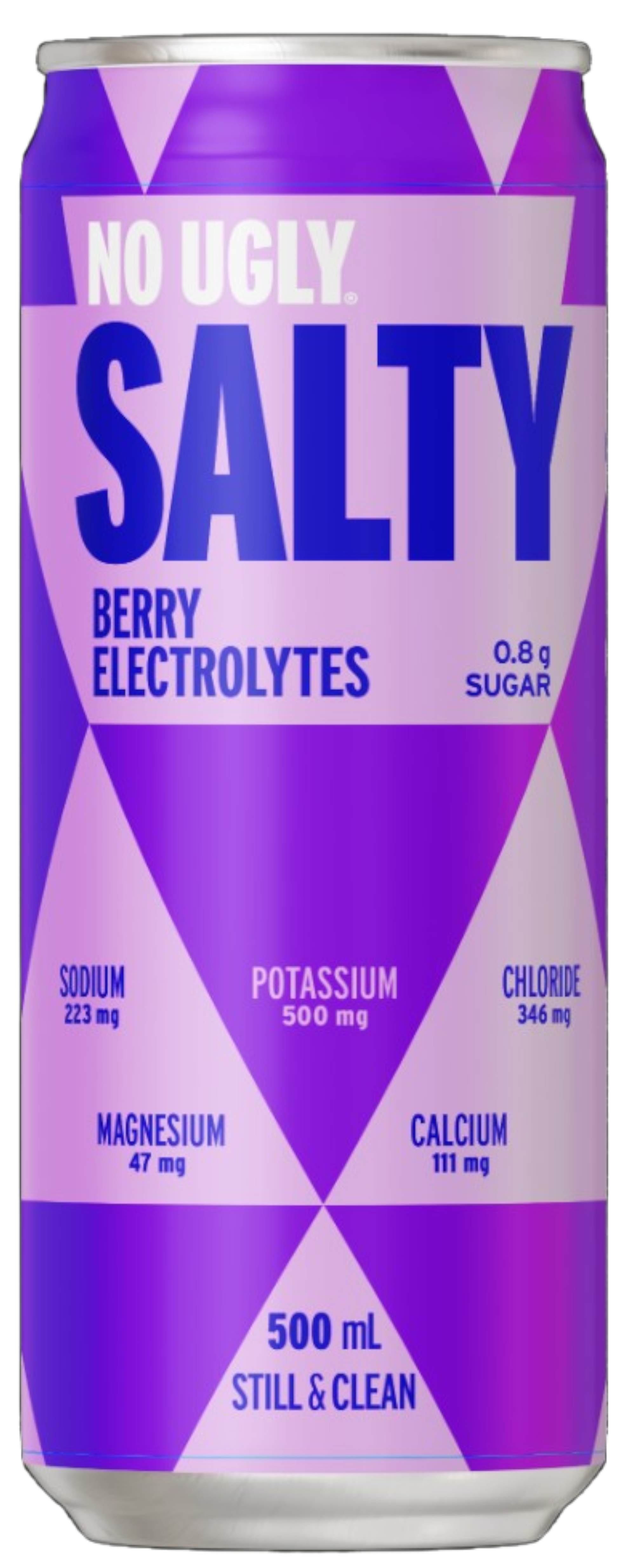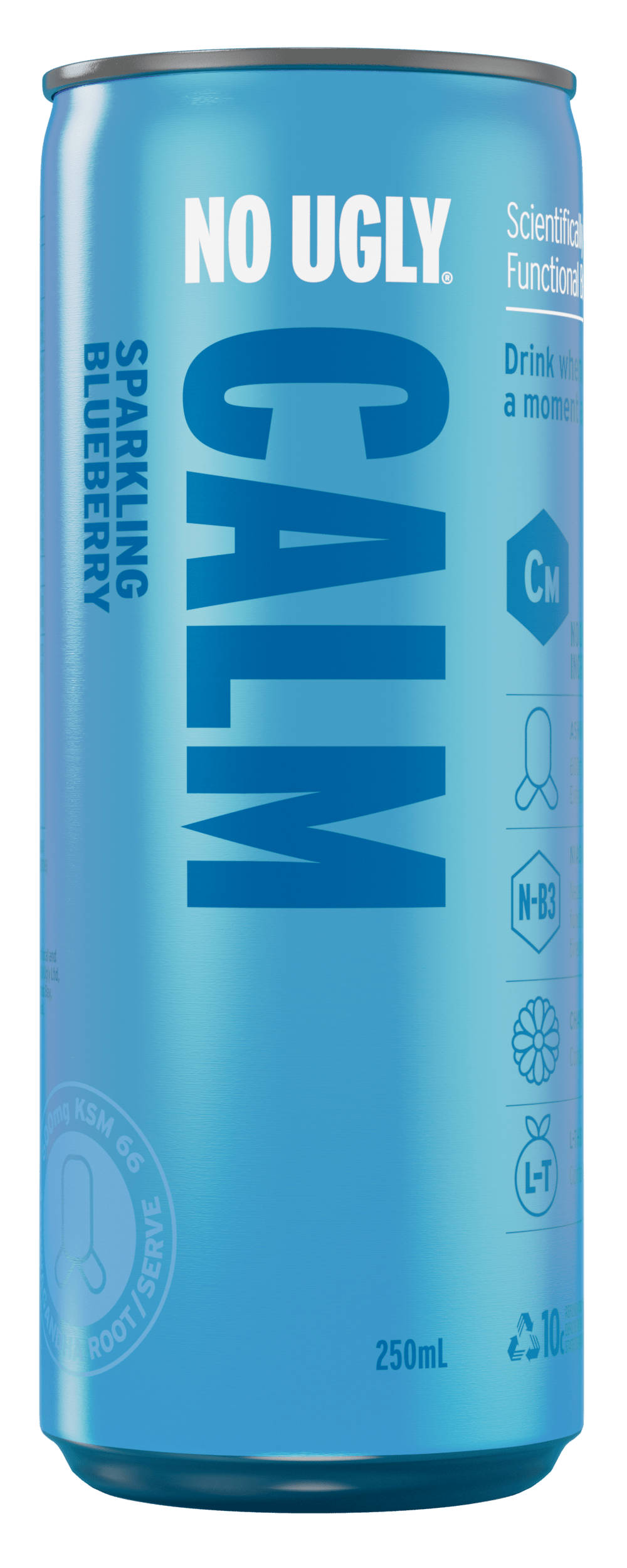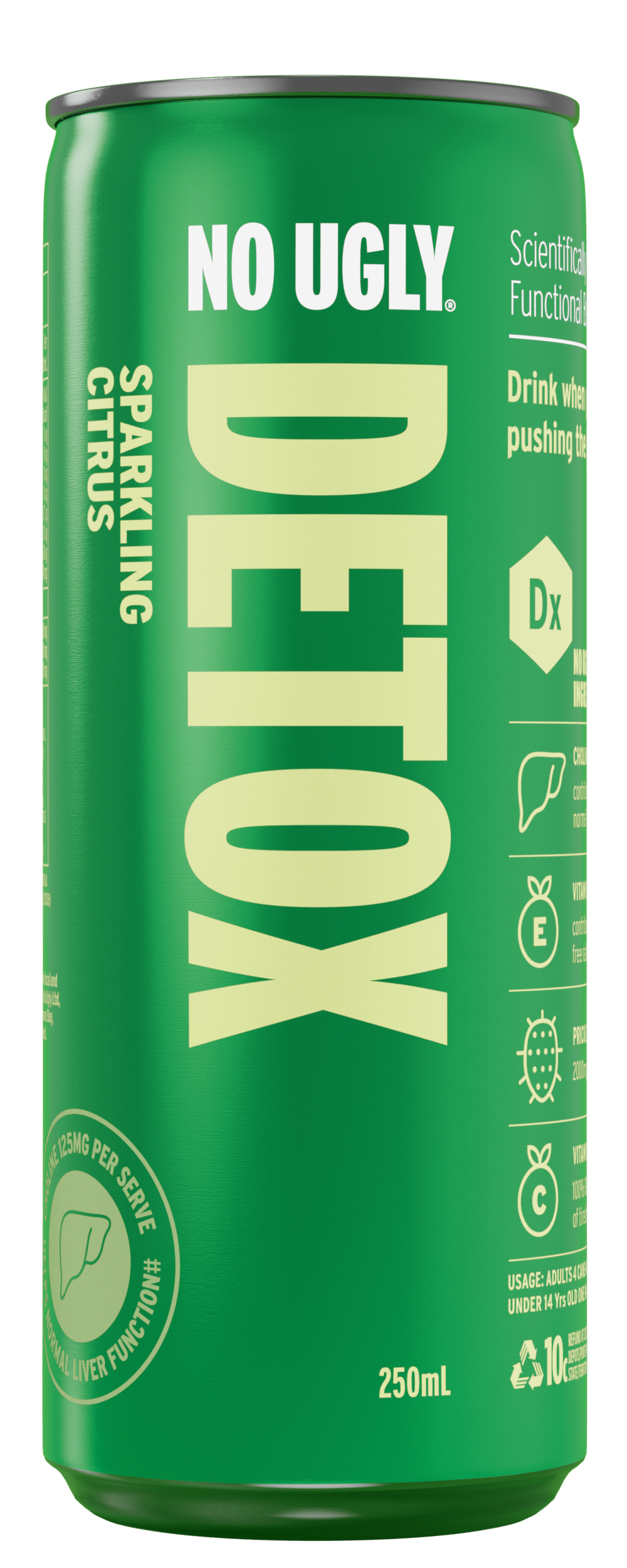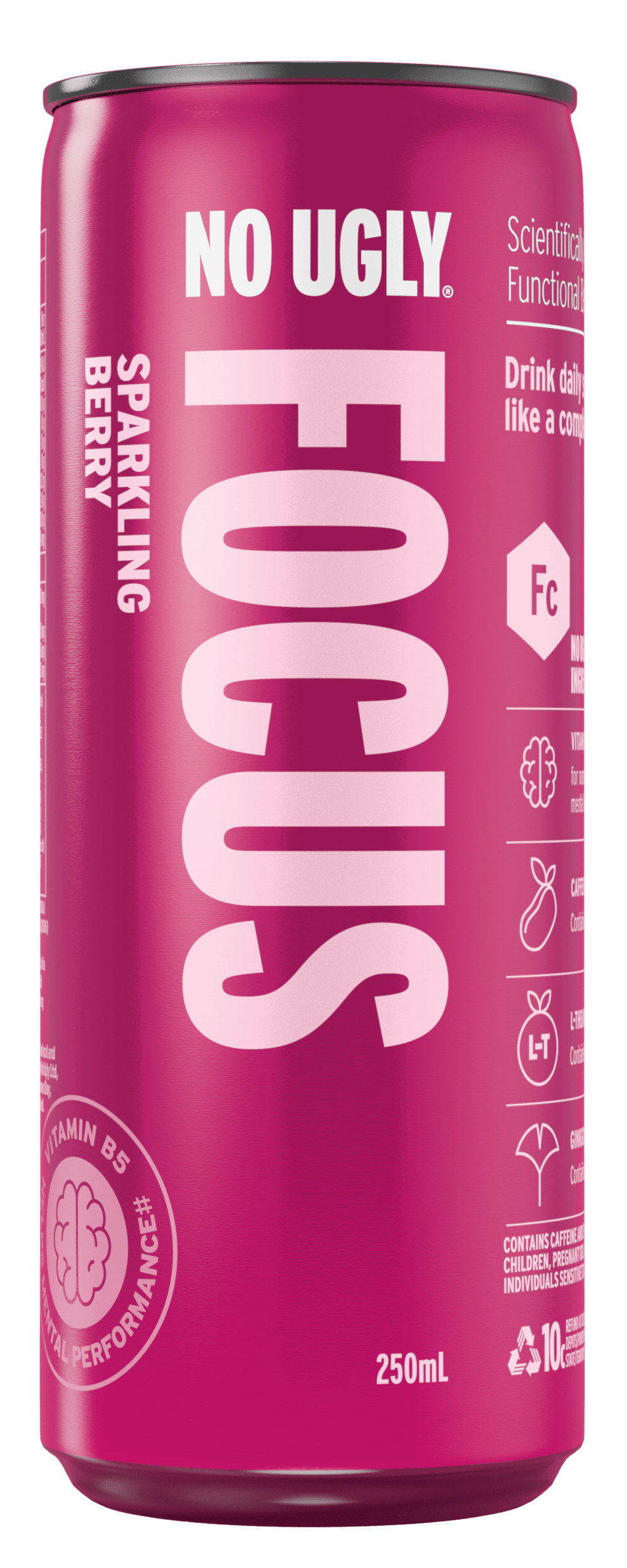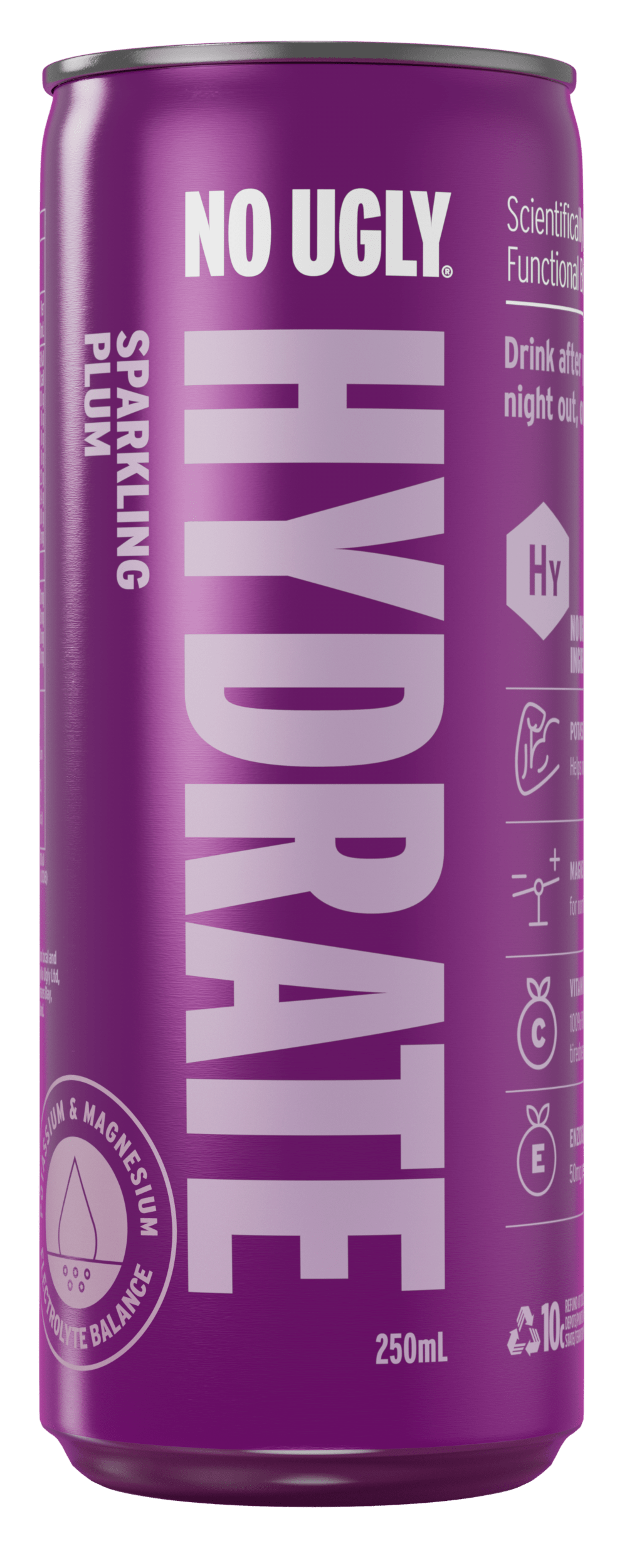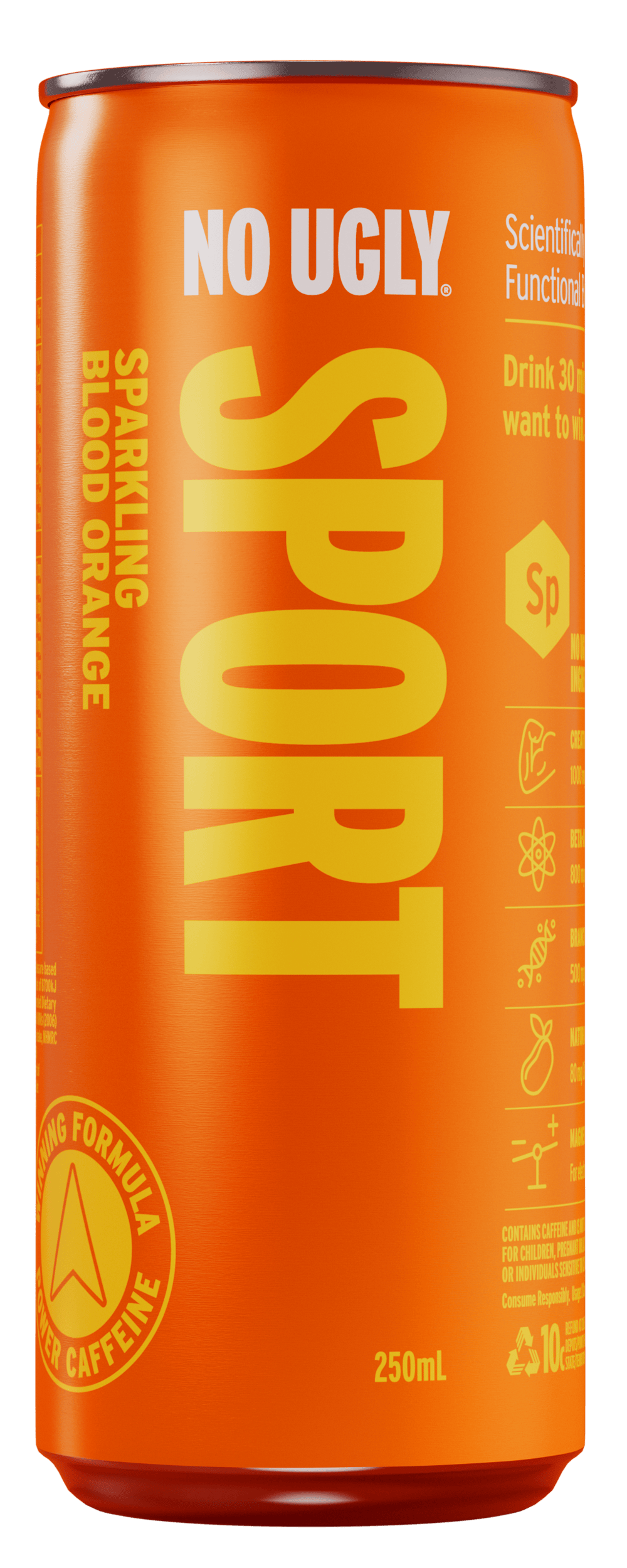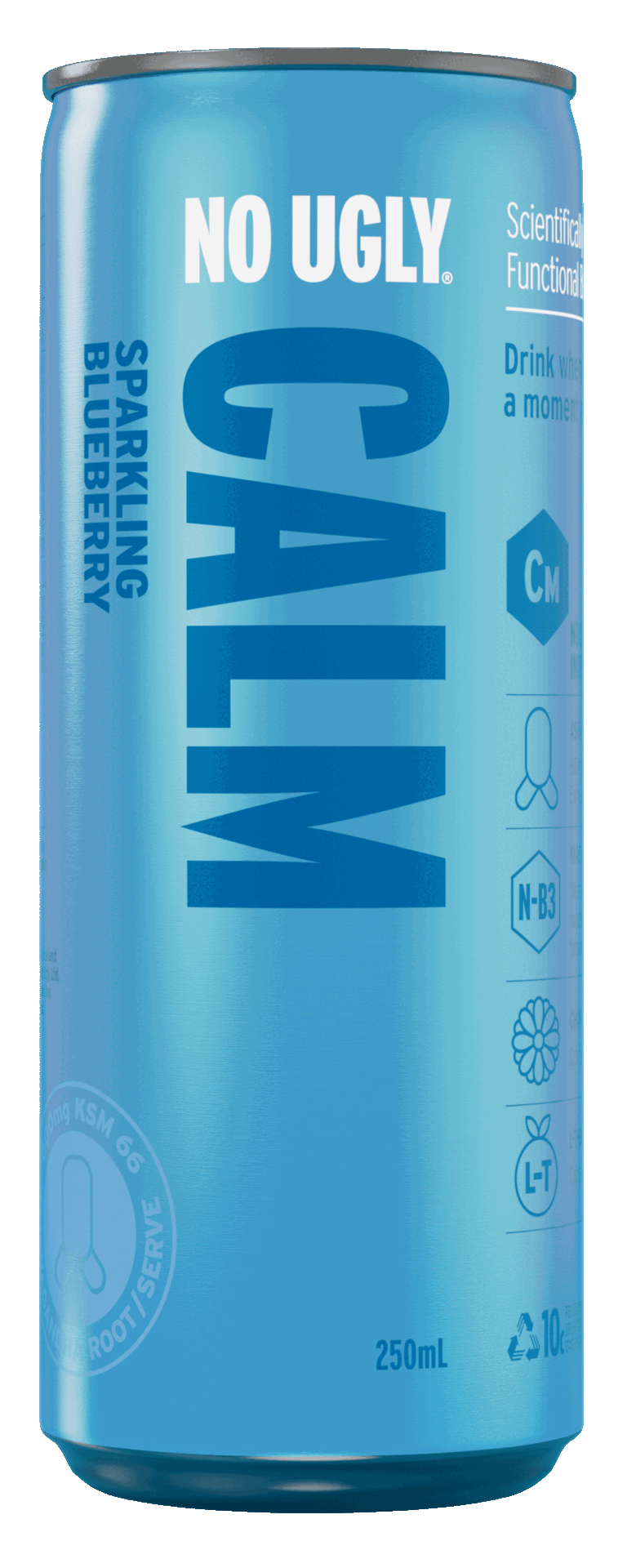Meditation, magnesium, common myths.
Originally published by Body & Soul.
11 April 2021
By Olivia Arezzolo
Sleep: it’s free. And we all want more of it, so why is it so hard to get? Specifically — that consistent, restorative, uninterrupted, eight-hours-a-night kinda sleep, Body & Soul reports.
Which is why we’ve enlisted Sydney-based sleep expert Olivia Arezzolo to solve our myriad of sleep concerns with our new editorial series Sleep Well Wednesdays. Check back each week and you’ll be off to the land of nod before you know it.
Another night laying in bed with a restless mind. Thoughts on loop. Spiralling out of control. Trying to control your thoughts with meditation, active relaxation and breathwork.
Nothing working. Feel frustrated. Annoyed. Over it. Resort to an Instagram scroll — I mean, you’re awake anyway, you may as well catch up with your friends or check out your Hinge date’s profile, right?
For far too many of us, this is the reality we are enduring on a weekly, if not daily basis: research reveals ‘insomnia’ was googled more than ever during 2020 — and that this was typically between midnight and 5am.
The data highlights the most common time for these searches was 3am.
Sound familiar? If it does – this instalment of Sleep Well Wednesdays is for you.
Fact or fiction: If it’s due to psychological stress, you can’t do anything about it
Fiction. Sure — not saying stress isn’t a major sleep saboteur and heightens sleep difficulties. Given that a survey of 5000 Aussies found it’s the self reported #1 reason we can’t sleep properly, it’s definitely worthy of a mention here.
However, even in the absence of resolving this stress, you can still be mindful to minimise other forms of stress — such as blue light. Furthermore, you can proactively mediate sleep severing stress with nutrition — as per below.
Fact or fiction: Nutrition doesn’t matter
Again, fiction. Magnesium for example: a clinical trial indicated anxiety was lessened — which may be experienced in the symptoms above — by 31 per cent Vitamin D — another academic study found those with anxiety had 66 per cent less vitamin D than those without anxiety.
For this reason, making sure you are topping up your sleep nutrient needs daily is key — easily achieved with pre-bed beverages such asNo Ugly Sleep.It’s all natural, contains 100 per cent of your vitamin D needs and 40 per cent of your RDI for magnesium.
Further to that, it contains tart cherry – a potent source of sleepiness hormone melatonin – the sleepiness hormone you need to fall and stay asleep.
Fact or fiction: Meditation is the answer for everyone
Third time, fiction. Meditation is a learned skill — if it’s something you’re not familiar with, or have had an adverse experience to in the past, it will actually increase, rather than inhibit, anxiety.
Admittedly, research does show meditation is anxiolytic 60 per cent of the time; but that also means that 40 per cent of the time, it’s not.
And that’s OK. There are other ways to help you fall asleep — as below.
Fact or fiction: Count sheep
Contrary to popular belief, counting sheep actually lengthens the time it takes you to fall asleep, indicating it is not overly effective for anxiety.
As noted by Oxford University, a test group found sleep latency was longer on nights they counted sheep, versus nights they had no instruction at all.
Further to that, the researchers also noted what actually did help: visualising idyllic, relaxing scenes like a beach. Upon doing so, the participants fell asleep 20 minutes earlier compared to normal. Imagining the Seychelles instead of sheep for better sleep? Sign me up.
Olivia Arezzolo is a sleep expert who holds a Bachelor of Social Science (Psychology); Certificate of Sleep Psychology and a Diploma of Health Science (Nutritional Medicine); and Certificate of Fitness III + IV. Olivia is passionate about delivering straightforward, science-based strategies to improve sleep.
